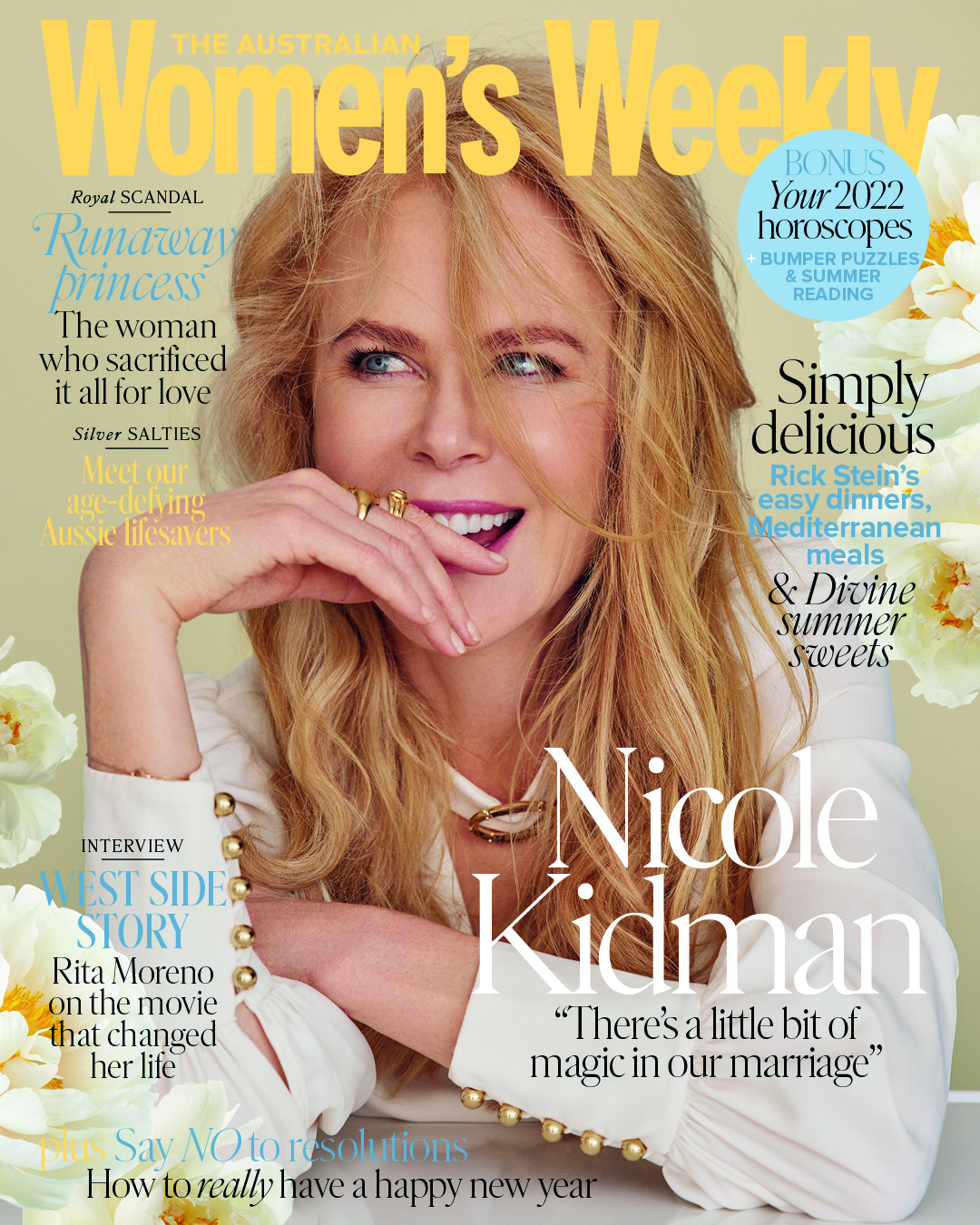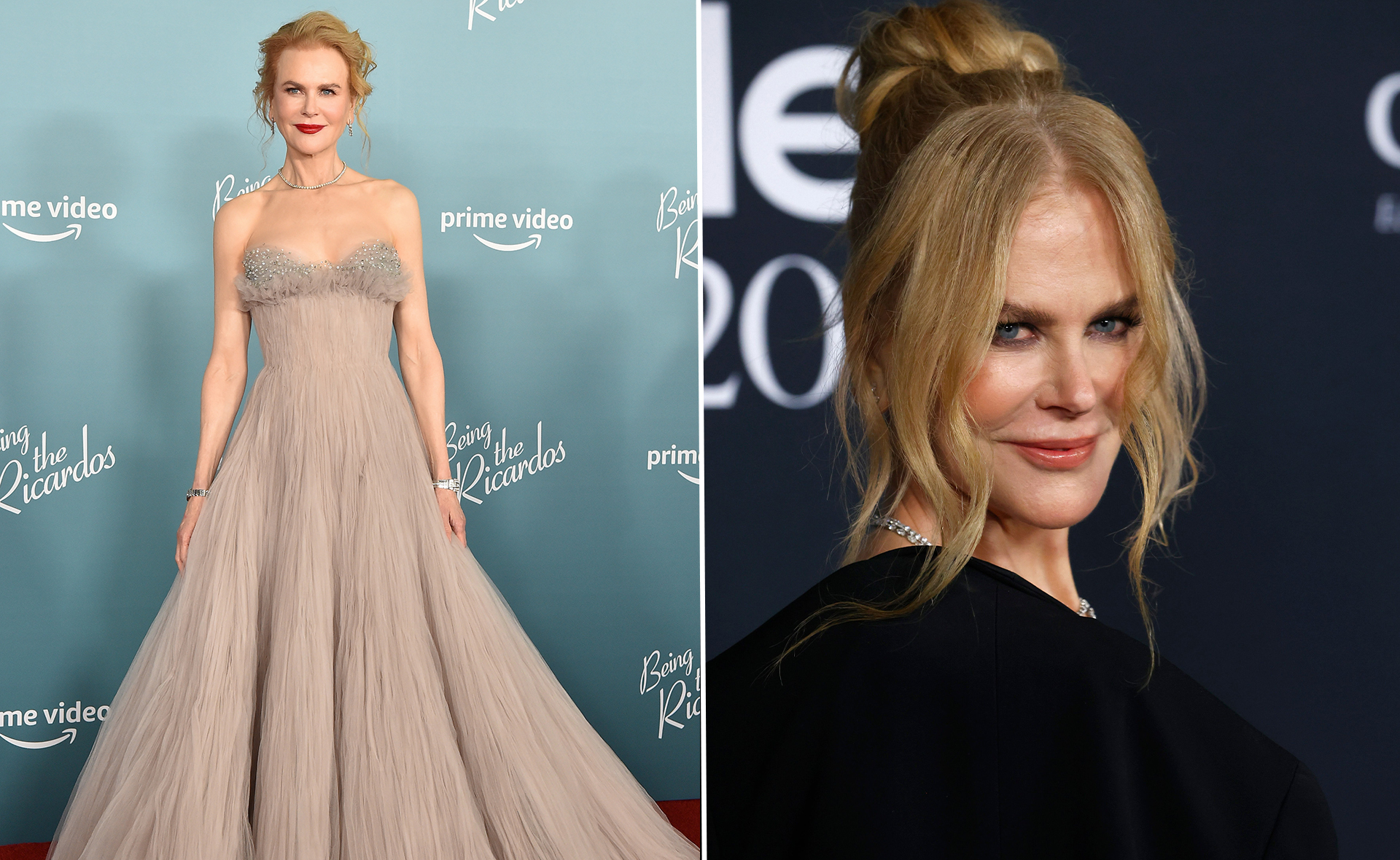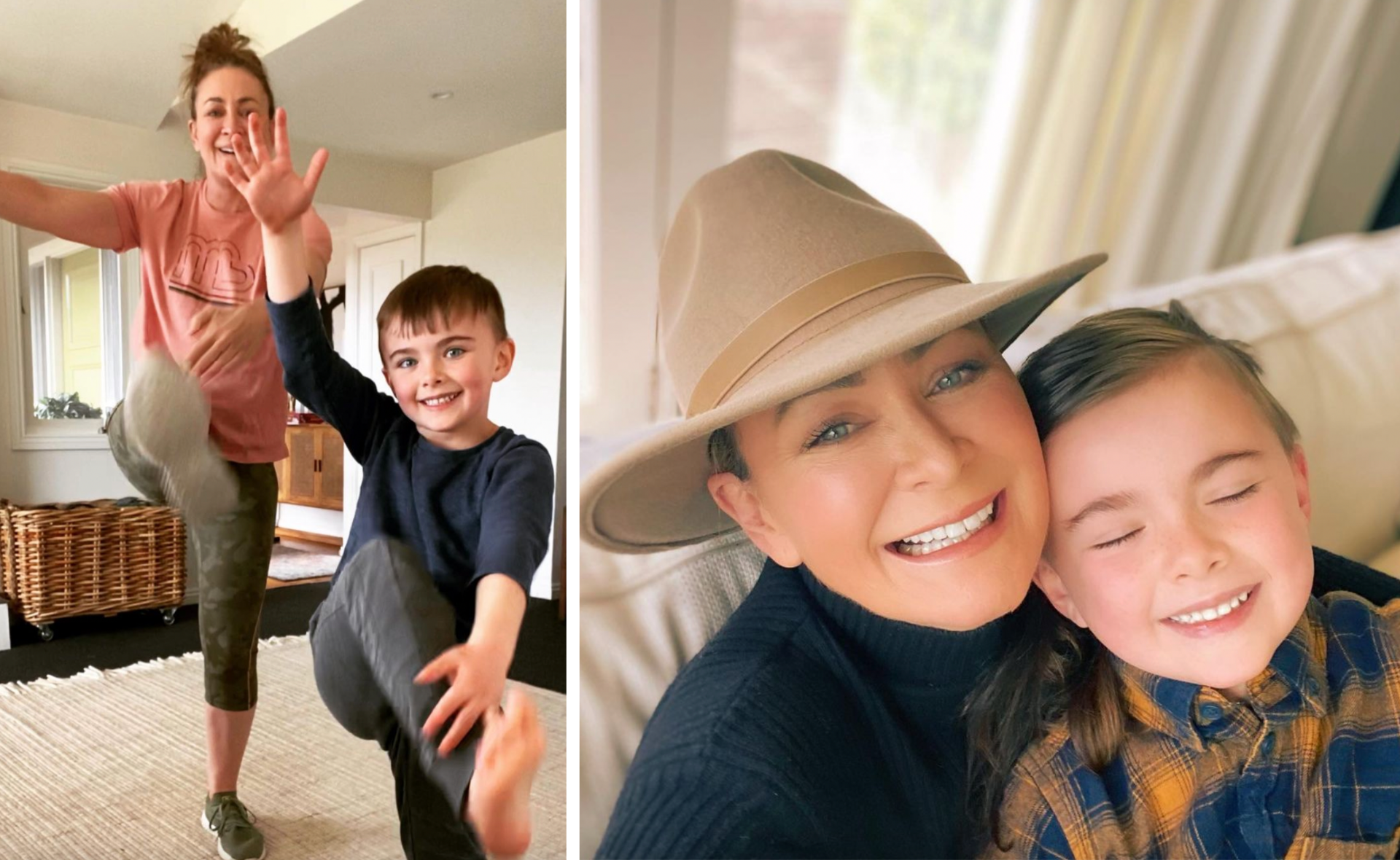When I was pregnant with my first baby in 2009, I had a very specific idea of what the next stage of my life would look like.
I would somehow balance parenting a newborn and managing my business, as well as self-care, a social life and maintaining a good relationship with my husband. There would, of course, also be lots of long, quiet walks and giggles and playgroups and cute outfits and milestones, and I would be there for it all. In short, I had no idea what was coming.
But in spite of my unrealistic expectations, I managed. For a while anyway. I ran my business and parented a newborn and did a lot of the other things I thought I should be doing. I went to the gym, kept up with friends, filled our weekends with social commitments and even had the occasional holiday. Even though it all looked good on paper, something was missing from my life.

“But what I also realised as I struggled to get the words on paper is that a eulogy doesn’t leave any room for the unimportant thing.”
(Supplied)Looking back now I can see that I spent the first two years of parenthood numb and disengaged, and while I don’t remember most of it, I do remember assuming that this was just how it was meant to be for new parents – exhaustion, daily tears and an overwhelming sense of anger, grief and loss.
It wasn’t until our second baby was a couple of months old that I discovered that what I had assumed was my new normal was actually severe postnatal depression.
I consider myself one of the lucky ones. I was able to talk to my husband and my GP, who listened to me. I was able to see a psychiatrist the next week and for many years after. I was prescribed anti-depressant medication and responded well to it. My mental health gradually improved. And while all of those events were vital, it was my psychiatrist who gave me the greatest gift.
She gave me permission to do less. To rest sometimes. To let go of the expectations that told me I needed to be everything to everyone. She encouraged me to find things I enjoyed doing, and to make time to do them, which is why I started writing again.
Putting pen to paper felt like a homecoming, so when I wandered into a bookshop while on holiday and saw a book titled 642 Tiny Things to Write About, I picked it up and brought it home, hoping it might kickstart my writing habit again. It turned out to be more important than that.
As I flicked through the pages of writing prompts, one stopped me cold. It said, “Write your eulogy in three sentences”.
I was 32 at the time, and had never given my own death any thought, let alone wondered what people would say about me once I was gone.
The whole thing felt morbid, so I closed the book and tried not to think about it again. But the question wouldn’t leave me alone.
What did I want people to say about me when I was gone? If I pictured a room full of people gathered to say goodbye to me, who did I imagine standing in front of them, delivering my eulogy? I immediately pictured my two kids, and realised the question I really needed to answer was: What do I want to leave behind for them?

Brooke found out she had postnatal depression after her second baby was born.
(Supplied)The next day, I sat down to try and write my own brief eulogy. And even though it was only three sentences, I had no idea where to begin.
I looked at my kids and husband and tried to imagine no longer being with them. The thought was painful and I felt guilty. But what I also realised as I struggled to get the words on paper is that a eulogy doesn’t leave any room for the unimportant things. The stuff we own, social media statistics, work success, having a nice home – I discovered that none of it really mattered.
Eventually, I managed to write my eulogy in four sentences (I’ve always been an over-writer) and the moment I sat back and read it was a good one, because there, in black and white, was a summation of a life well-lived.
Quick to laugh, creative, compassionate, with a wicked sense of humour, Mum was never without a new plan or adventure on the horizon. She made one hell of an Old Fashioned, was spontaneous, loyal, introspective and believed wholeheartedly that we all have a responsibility to leave the world a better place than we found it. Mum, we will miss you always. Thank you for our roots, but thank you even more for our wings.
Imperfect (I didn’t even drink Old Fashioneds), a little cheesy and nothing more than a guess, really, because the truth is none of us has any idea what the future holds. It was also the best I could do and importantly, it felt good and right.
Rather, it felt good and right for about half a minute. Because while I knew what the most important, eulogy-worthy parts of my life were – family, adventure, having a positive impact in the world – I realised I wasn’t living that life.
When I looked at how I spent my days, my time and energy wasn’t going into family or adventure. It was going into the small stuff. The stuff that ultimately doesn’t matter, and that certainly won’t feature in any eulogy.
Trying to fit back into my pre-baby clothes, keeping up with the Joneses, buying stuff I didn’t need in order to look like we were doing well – I knew none of it was important. And as a result, the truly important stuff was being neglected.
So then and there I decided to start putting the big stuff at the centre of my life.

Brooke realised she needed to put more time and energy into her family.
(Supplied)Giving them the time and attention they deserve and giving myself the chance to live a life like the one I had pictured. One where, hopefully, my adult kids can stand in front of a room full of people who loved me and share stories of how I lived.
Full of laughter and adventure, grand plans and slow days. A life that saw me leave a tiny corner of the world better than I found it.
One by one, I began making different choices.
Some were small, like putting my phone down any time my kids walk into the room, and some were massive, like deciding to sell our house, give away most of our possessions and travel for a couple of years.
And now, life looks vastly different from the “successful”, stressed, unfulfilled version of a few years ago.
I changed careers and my husband and I are both self-employed. We live in an old fibro farmhouse in a small village in the Southern Highlands in NSW and share our home with our wonderful kids, two dogs, lots of fruit trees, many wild birds who eat the fruit off said trees, and a window spider named Fred.
It’s a great life that we’re extremely privileged to live.
I want to tell you though, that life hasn’t worked out the way I pictured when I wrote my eulogy. I’ve had health issues, the pandemic knocked our business flat and I still don’t drink Old Fashioneds.
But what hasn’t changed are those important things.
My values. The things I uncovered that day when I scribbled down my eulogy. Family. Adventure. Laughter. Spontaneous trips to the beach, good books and compassion.
They were the centre then, and, even if the specifics look different, they’re at the centre now.
Writing my eulogy didn’t fix everything. But it did give me something invaluable. It’s a compass that helps me navigate difficult conversations, gives me the confidence to explain my decisions and allows me to work out what issues are worth my time and energy, and which aren’t.
Since that day, I’ve used my eulogy to help me make better choices.
Where we live, the work I do, the way we parent, all these things are impacted by those four sentences, and when faced with a decision, I often ask myself, ‘Will this get me closer to, or further away from that eulogy life?’
Not only has it given me a sense of clarity and helped me steer through life’s inevitable challenges and obstacles, it also means that I’m participating wholeheartedly in my life. No more numbness, no more hiding. No more just going along for the ride.
It’s made it clear to me that we get one life, and it’s my intention to make it a good one. Whatever that looks like.
If you or someone you know has been affected by any of the issues raised in this article, help is always available. Call Lifeline on 13 11 14.
You can read this story and many others in the January issue of The Australian Women’s Weekly – on sale now

.jpg)


.jpg)